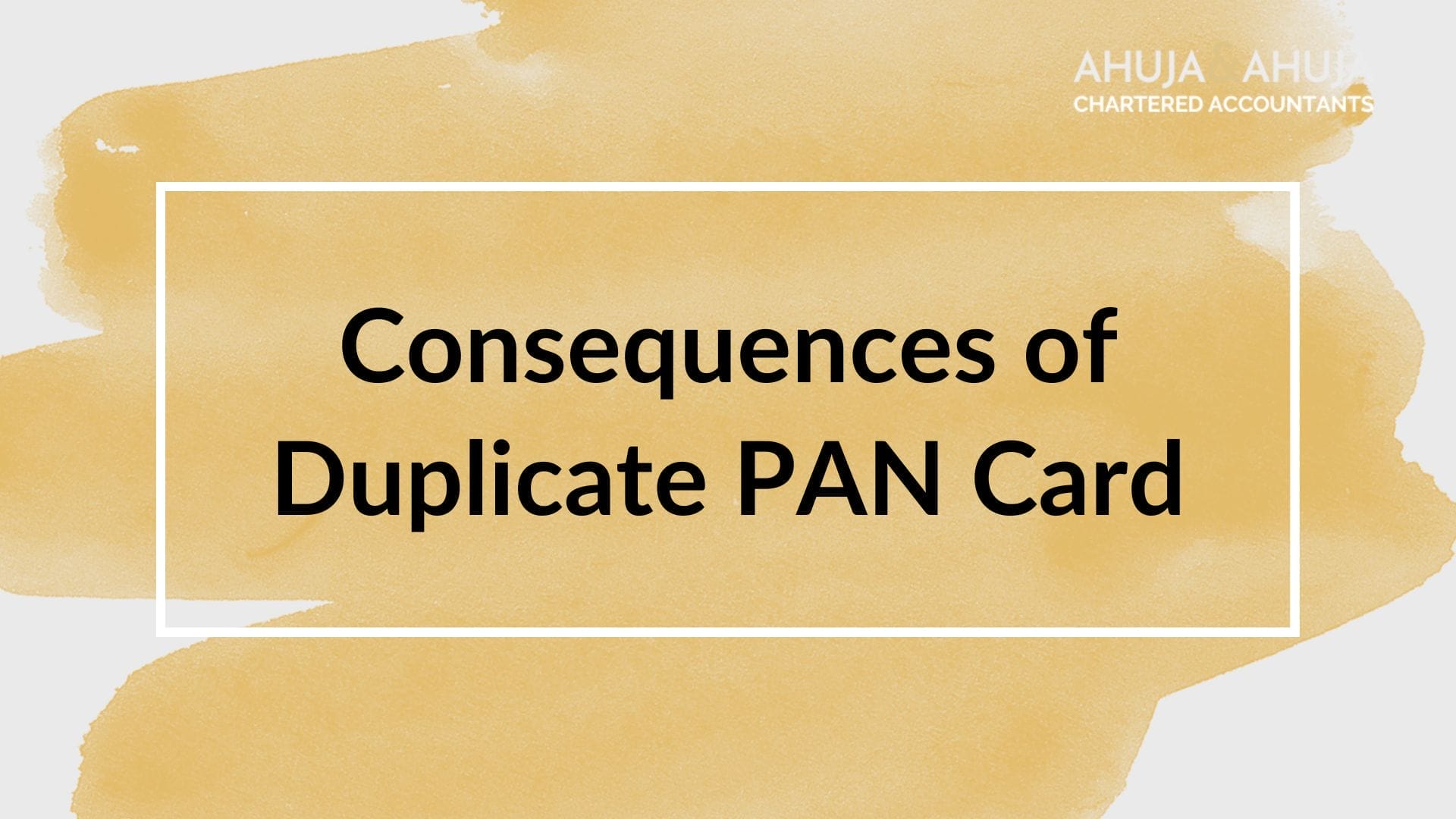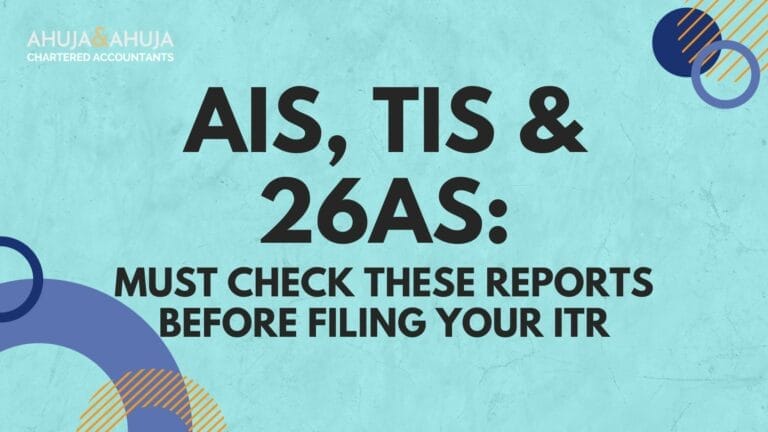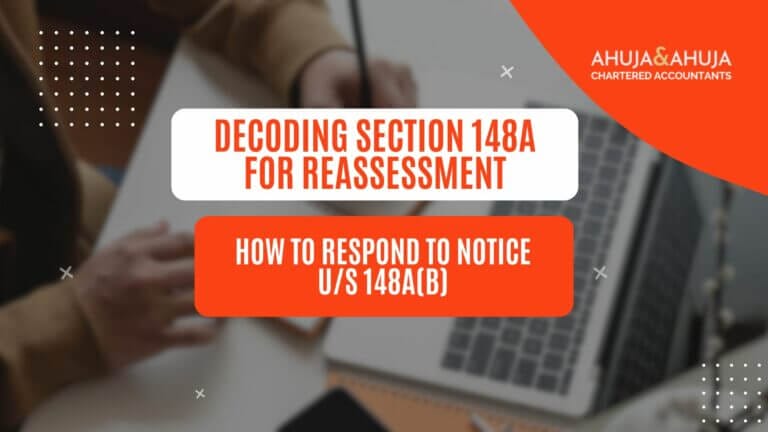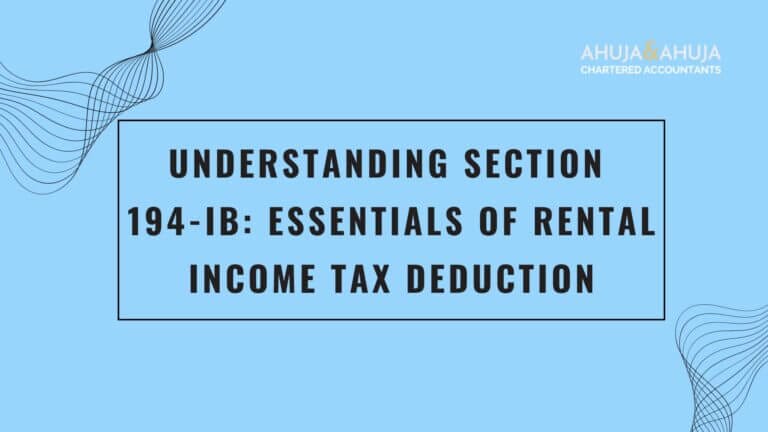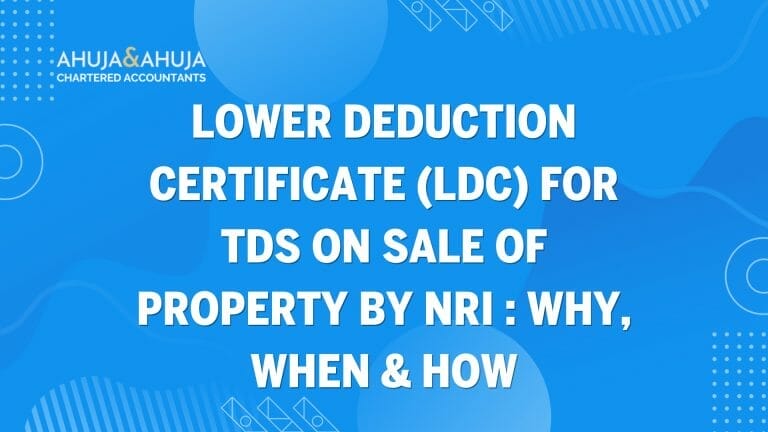Consequences of Duplicate PAN Card and How to Avoid Them
In today’s world, managing and systematizing financial transactions of individuals and corporate entities demands a streamlined process. One instrumental tool that aids in this context is the Permanent Account Number (PAN). As significant for us in India as our identity proof, PAN is a ten-character alphanumeric identifier, issued by the Income Tax Department. Each tax-paying individual, organization, or firm is assigned this unique identity, playing a crucial role in tracking financial transactions — making it easier for the government to keep tabs on tax evasion.
However, as mandated by the Income Tax Department, one cannot hold more than one PAN. Any instances wherein a person has been allotted another PAN, even if unintentionally received, can land them in strict legal trouble.
In this article, we aim to delve into the nitty-gritty of consequences and penalties related to owning multiple PAN cards, leading scenarios that result in such a situation, and how to avoid or address them. Are you ready to uncover more about the domain of PAN cards? Keep reading!
Penalties for Owning Multiple PAN Cards
The Indian government has stringent regulations in place to deter individuals from possessing multiple PAN cards. Under the provisions of Section 272B of the Income Tax Act, owning duplicate PANs attracts a penalty of Rs 10,000. The objective behind this penalty is to discourage individuals from engaging in practices that could lead to tax evasion or financial irregularities.
The financial repercussions of multiple PAN cards can be severe and may result in legal complications. Therefore, it is imperative to understand the consequences and take steps to rectify any such discrepancies in a timely manner.
Next, let’s explore the various situations that may unintentionally lead individuals to possess duplicate PAN cards.
Situations Leading to Duplicate PAN Card
There are several situations in which individuals may unintentionally end up possessing multiple PAN cards. Let’s explore some of the common scenarios:
1. Multiple applications by an individual: Many individuals apply for a PAN card through the online method. However, due to technical issues or errors, their application may get rejected by the online database.
In such cases, individuals may resort to offline mode and submit a new application form to the concerned authority. If both the former and latter applications are processed, and two different PAN numbers are issued to the same individual, it will be considered a case of multiple applications. In such instances, individuals are advised to surrender one of their PAN cards to the authorities.
2. Change in PAN details: There are situations where individuals may need to change their PAN details, such as their name or address. For example, after marriage, women often change their surnames and apply for a new PAN card, resulting in the possession of more than one PAN card.
In the case of a change in address, it is not mandatory to obtain a new PAN card. Instead, individuals should update their corresponding address in the existing PAN through the official website or offline methods.
3. Intent of the PAN holder: Unfortunately, some individuals intentionally apply for duplicate PAN cards with the motive of tax evasion or defrauding tax agencies or the government. Misusing PAN for personal benefits can lead to penalties and other legal consequences.
It is crucial to be aware of these situations and take appropriate measures to prevent the possession of duplicate PAN cards. In the next section, we will discuss how to surrender additional PAN cards.
Surrendering Additional PAN Cards
If an individual unintentionally possesses multiple PAN cards or realizes the need to rectify the situation, it is important to surrender the additional PAN cards to avoid penalties and legal repercussions. Here are two ways to surrender additional PAN cards:
1. Online Surrender: Individuals who prefer the convenience of online mode can follow these steps to surrender their additional PAN cards:
- Visit the official website of the Income Tax Department of India.
- Log in to your account using the required credentials.
- Fill in the necessary details such as name, contact number, date of birth, father’s name, and address in the application form.
- Specify the PAN card that needs to be surrendered and the one that needs to be retained.
- Submit the form.
- After submission, you will receive an acknowledgment, which can serve as proof of surrendering the additional PAN card.
2. Manual/Offline Surrender: Individuals who prefer the traditional offline method can surrender their PAN card by following these steps:
- Obtain and fill the PAN correction form.
- Submit the form to the assessment officer under whose jurisdiction you fall.
- In the PAN correction form, clearly mention the PAN card that needs to be surrendered and the one that needs to be retained.
- Attach a copy of the PAN card that needs to be surrendered along with the application form.
- Retain the acknowledgment slip you receive after submitting the form as proof of surrendering the PAN card.
It is highly recommended for individuals, both individuals and non-individuals, to avoid possessing multiple PAN cards. By adhering to the guidelines of the Income Tax Act and surrendering additional PAN cards when necessary, one can contribute to a smoother financial transaction process and the overall development of the nation.
Frequently Asked Questions (FAQs)
Can I have multiple PAN cards if I have legitimate reasons, such as different businesses or income sources?
No, according to the Income Tax Department, an individual cannot hold more than one PAN. Each person is eligible for only one PAN card, regardless of the number of businesses or income sources they have.
What are the penalties for possessing multiple PAN cards?
The penalties for owning duplicate PAN cards can be severe. Under Section 272B of the Income Tax Act, individuals found to be holding multiple PAN cards are subject to a penalty of Rs 10,000.
Is it mandatory to surrender additional PAN cards?
Yes, it is mandatory to surrender additional PAN cards to avoid penalties and legal consequences. Possessing multiple PAN cards is considered a violation of income tax regulations.
How can I surrender my additional PAN card if I have misplaced the original card?
If you have lost or misplaced the original PAN card that needs to be surrendered, you can still provide the details of the lost card during the surrender process. It is advisable to report the loss to the concerned authorities and apply for a duplicate PAN card, if required.
What are the steps to update the correct PAN details instead of applying for a new PAN card?
If you need to update your PAN details, such as name or address, it is not mandatory to apply for a new PAN card. You can update the information in your existing PAN card through the Income Tax Department’s official website or offline methods.
Conclusion
In conclusion, owning multiple PAN cards can have serious consequences under the Income Tax Act. The Indian government has implemented strict regulations to deter individuals from possessing duplicate PANs, with penalties of up to Rs 10,000. It is crucial to understand the situations that can lead to having multiple PAN cards and take steps to rectify any discrepancies.
If you unintentionally possess multiple PAN cards, it is advisable to surrender the additional cards promptly to avoid penalties and legal complications. The surrender process can be carried out online through the official Income Tax Department website or offline by submitting the necessary forms to the appropriate assessment officer.
By adhering to the guidelines of the Income Tax Act, we can contribute to a smoother financial system and foster a stronger economy. It is essential to act responsibly and stay informed about the regulations concerning PAN cards.
For more information and assistance regarding income tax matters, you can visit the official Income Tax Department of India website or consult a qualified tax professional.
Stay compliant, stay informed, and ensure a hassle-free financial journey!
Disclaimer
The materials provided herein are solely for educational and informational purposes. No attorney/professional-client relationship is created when you access or use the site or the materials. The information presented on this site does not constitute legal or professional advice and should not be relied upon for such purposes or used as a substitute for professional or legal advice.

